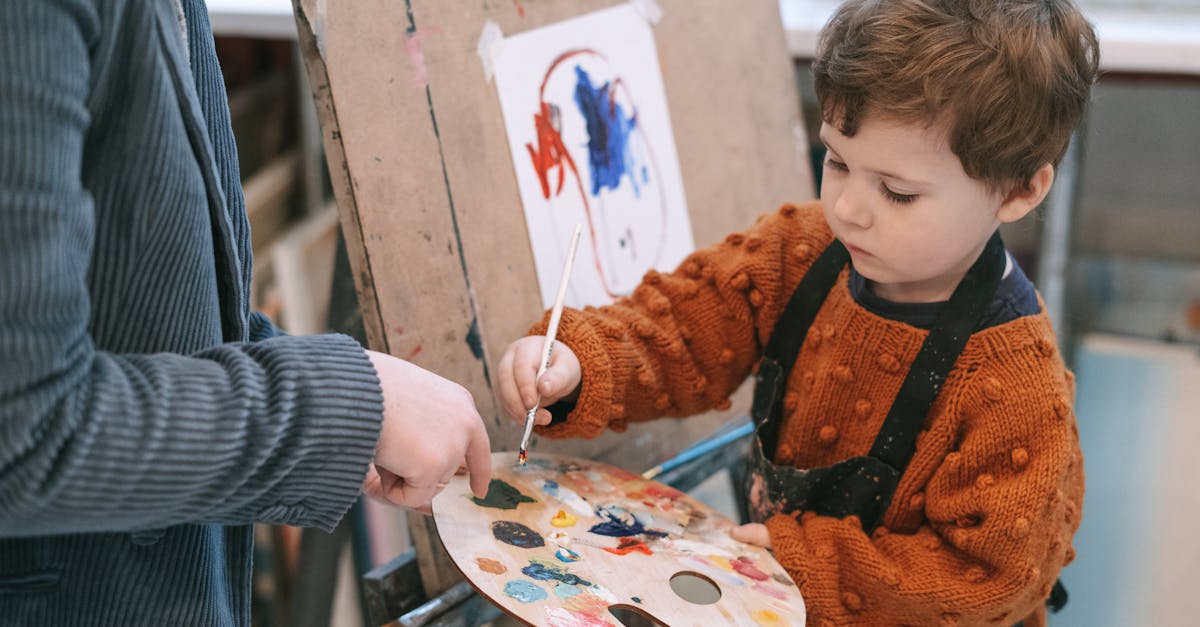Understanding Empathy for Little Ones
Empathy might sound like a big word, especially in preschool land. Thankfully, your child is naturally empathetic. They feel sad when their friends cry and giggle at mom’s silly dances. Our job is to nurture this natural inclination.
Empathetic kids often grow into caring adults, and it’s never too early to start fostering these traits. Imagine your little one comforting a classmate or sharing their cookie; they’re the preschool superheroes we didn’t know we needed.
Why Empathy is Important
Here are a few reasons why understanding and nurturing empathy in children is crucial:
- Cultivates strong relationships: Empathetic children are better at making and keeping friends.
- Promotes kindness: An understanding of others’ feelings encourages acts of kindness.
- Enhances emotional intelligence: Learning empathy helps children express their emotions appropriately.
- Builds resilience: Empathetic kids learn to cope with their feelings and support others through challenges.
 “`html
“`html
The Power of Positive Reinforcement
Positive reinforcement works wonders. It’s like giving your child invisible hugs. When they do something kind, celebrate it! Throw a mini dance party. High-fives are free, and so are words of encouragement!
Emphasizing their kind behavior helps them repeat it. Unlike when I tried convincing my three-year-old to eat broccoli, positive reinforcement actually works!

- Celebrate kind acts with mini dance parties.
- Use high-fives and encouraging words freely.
- Focus on repeating the positive behavior.
“`
Practical Praise Techniques for Parents
When using praise, be specific. Instead of just saying, ‘Good job!’ try saying, ‘I love how you shared your toy with Sam!‘. Specificity helps children understand what behaviors to repeat.
Additionally, creative praise adds zest to your interactions. Use silly songs or make goofy faces to keep things light and fun—the only things more plentiful in preschool than snack crumbs!

Embrace these techniques to make praise an effective tool in your parenting toolbox!
Navigating Common Emotional Challenges
Preschoolers are emotional roller coasters. One minute they’re hugging trees, the next they’re crying over spilled milk—literally. Recognizing these ups and downs can help.
Let’s face it; even adults can’t master emotions all the time. Remember that time I cried over a Netflix spoiler?
Embrace their emotions with patience and kindness. It sets the foundation for empathy.

Encouraging Empathy Every Day
Opportunities to foster empathy are everywhere. Encourage your child to:
- Donate toys they no longer use.
- Help with household chores to support the family.
Lead by example; kids mimic what they see. Join them in acts of kindness, even if it means pretending the dust bunnies are ‘rescue animals.’
Challenge them to think of someone else’s feelings. For instance, did Grandpa look sad because he broke his glasses? Ask:
“How might we cheer him up?”
Remember, small steps lead to a big heart!

